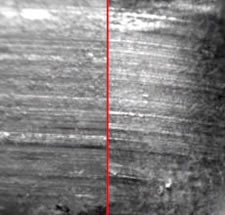
Welcome to
DS 202
Will Ju

Welcome to
DS 202
… as sound
… as image 
… in a monitoring device 
## Formal class 'Wave' [package "tuneR"] with 6 slots
## ..@ left : int [1:123904] 2 2 2 2 -1 -1 -1 0 1 3 ...
## ..@ right : int [1:123904] -2 -2 -2 -1 2 1 0 0 -2 -4 ...
## ..@ stereo : logi TRUE
## ..@ samp.rate: int 44100
## ..@ bit : int 16
## ..@ pcm : logi TRUE
## num [1:193, 1:200, 1:3] 0.235 0.235 0.239 0.239 0.243 ...
… what kind of birds are these?
Full syllabus is available on Canvas
Course website:
| Component | Weight |
|---|---|
| Homework | 20% |
| Labs | 25% |
| Midterm | 25% |
| Final Project | |
| report | 22.5% |
| presentation | 7.5% |
there will be a substantial amount of time devoted to ‘hands-on’ examples on the computers. Make use of that time!
If you have to miss class, please
is a learned and valuable skill!
Have a look at:
Typical data science project:

Statistician Hans Rosling (1948 - 2017) presented GapMinder at TED 2006
… let’s try this out …
